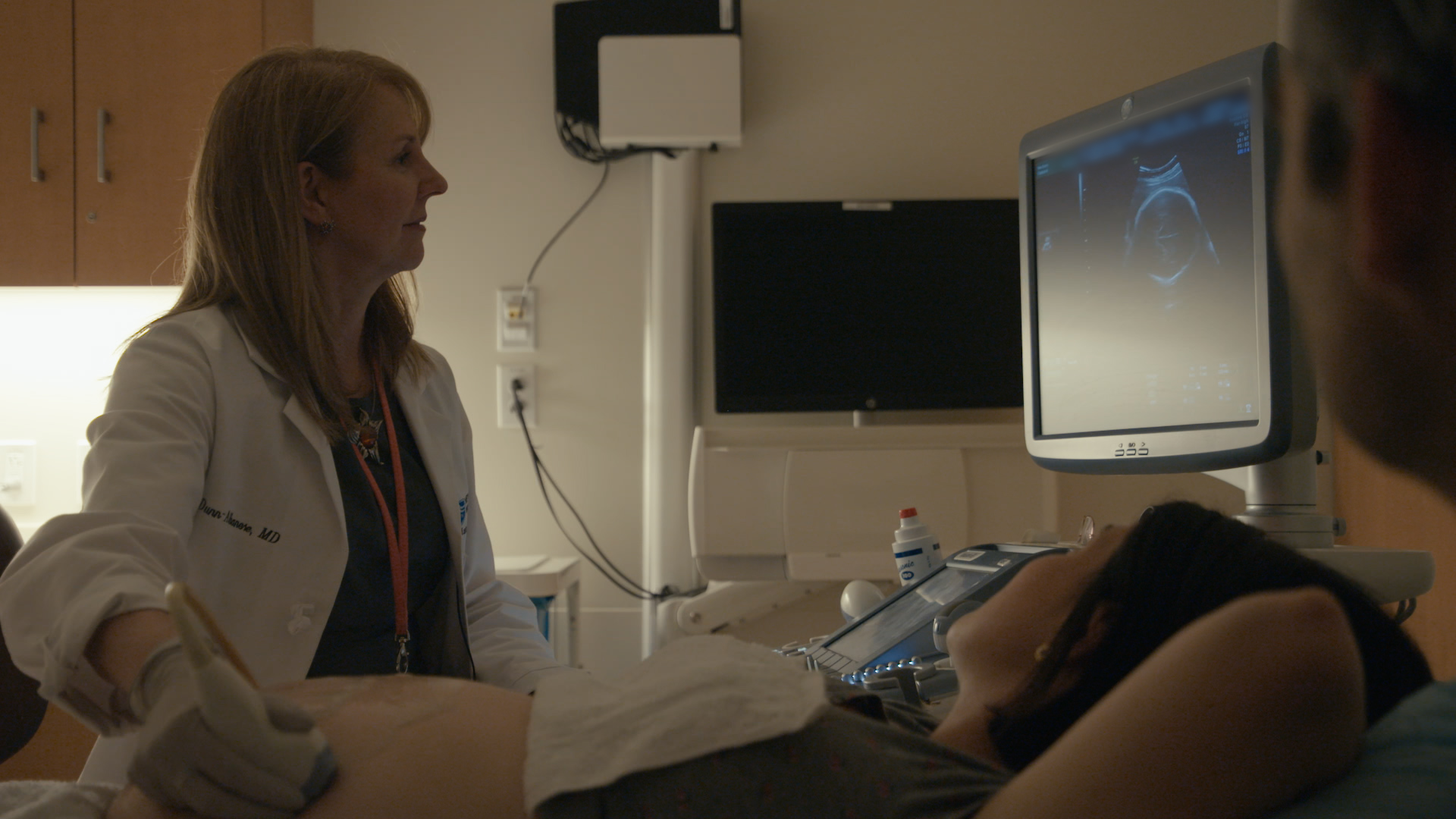How Down Syndrome Became a New Front in the Abortion Wars

Credit to Author: Carter Sherman| Date: Tue, 11 Feb 2020 14:05:32 +0000
When Ben and Marissa O’Donnell found out that their child would be born with Down syndrome, both of them knew that abortion was an option.
“In a moment like that, you go through mentally many dark hallways,” said Marissa O’Donnell, who lives in suburban Massachusetts about an hour outside Boston. “I didn't get so far down that hallway to a place of — where I felt like I didn't think that we could handle it. But I did sort of fall into a deep place of feeling like my life would be so different.”
The O’Donnells continued their pregnancy. But the countless families across the United States trying to navigate a prenatal diagnosis of Down syndrome may not always have the ability to make that choice.
Since 2013, four states have enacted bills to ban abortion if someone wants one because of a genetic anomaly such as Down syndrome, according to the Guttmacher Institute, which tracks abortion restrictions. Another four have passed bills that ban abortions specifically in cases of Down syndrome.
Court challenges have paralyzed all but one of those bills. But there’s no sign that these laws will slow down: Of the eight total bans, four were passed in 2019 alone.
Supporters of the bills say they protect people with disabilities from discrimination; some even compare the rates of Down syndrome-related terminations to eugenics. But critics argue that regulating a woman’s reasons for getting an abortion is a slippery slope. The anti-abortion movement simply wants a new way to limit access to the procedure, these critics say, and they’re hijacking the charged issue of disability rights in order to do it.
All that’s left families like the O’Donnells caught in the middle of the latest front in the American abortion wars.
Video shot by Zach Caldwell and Roberto Daza, and edited by Brittany Ross.
This article originally appeared on VICE US.